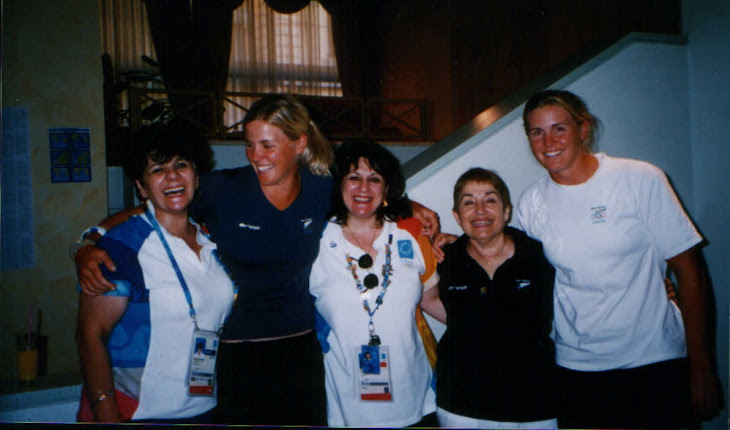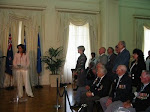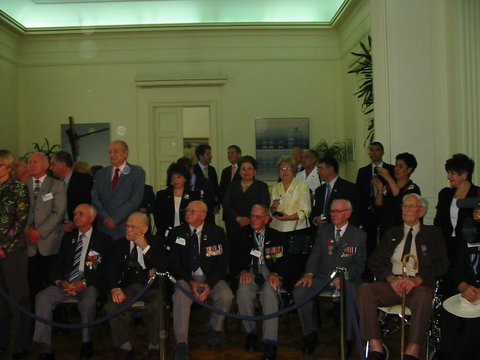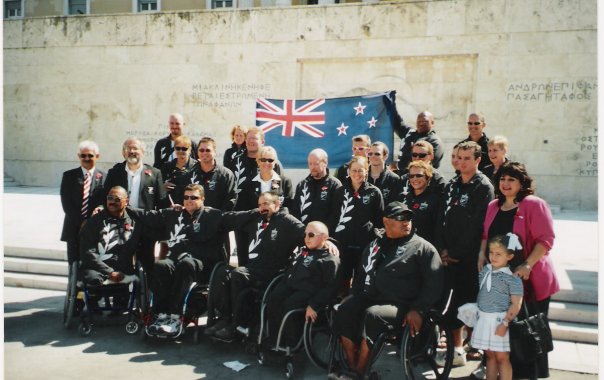
ANZAC Day
Anzac Day marks the anniversary of the first major military action fought by Australian and New Zealand forces during the First World War, and is held every year on April 25th around the world. Read more
The ANZAC tradition – the ideals of courage, endurance and comradeship that are still relevant today – was established on 25 April 1915 when the Australian and New Zealand Army Corps landed on the Gallipoli Peninsula, using Lemnos island as a support base.
It was the start of a gruelling campaign that lasted
eight months and would result in thousands of Australian and New Zealand casualties
and deaths. Their memory and sacrifices
are honoured at ceremonies around the world each year on 25 April.
Lest we forget....
They shall grow not old....as we that are left grow
old
Age shall not weary
them, nor the years condemn
At the
going down of the sun, and in the morning,
We
will remember them,We will remember them...
Australia
New Zealand Army Corps
Lest we forget....
The
Australian Embassy has invited New Zealanders and Australians and
friends of both countries to attend the ANZAC Day Commemorative
Celebrations
on
Wednesday 25 April 2018, 11.00 a.m.
at
The Commonwealth War Cemetery
in
Alimos
(Posidonos Avenue and Ethnarhou Makariou Street)
on
Wednesday 25 April 2018, 11.00 a.m.
at
The Commonwealth War Cemetery
in
Alimos
(Posidonos Avenue and Ethnarhou Makariou Street)
High School Students of Australian and New Zealand descent from Campion School of Athens who participated in the moving ceremony pose with the previous Australian Ambassador to Athens HE John Griffin.
History lessons in situ - involving future generations.
We who to clothe Hellas in freedom fought,
Lie here at rest in praise that fadeth not...
Lie here at rest in praise that fadeth not...
Hon Consul General for New Zealand, Costa Cotsilinis, reads the prayer
Let's remember too, the first 'modern' genocide, that of the 1.5 million Armenian, 700 thousand Greek and 500 thousand Assyrian Christians who were slaughtered or expelled from the Pontos in the first systematic ethnic cleansing of the 20th century by the Turkish army as they sought to 'purify' their land of peoples who had lived there for centuries.
Massacres, forced deportations, death marches, summary expulsions, arbitrary executions and the destruction of Christian Orthodox cultural, historical and religious monuments were just a few of the 'weapons' chosen by the Young Turks to bring about this genocide... a genocide which has been recognised by the International Association of Genocide Scholars in 2007, and by Greece, Cyprus, Holland, Sweden, Armenia, France and Germany, the EU Parliament and Pope Frances recently but which Turkey still refuses to acknowledge...






















